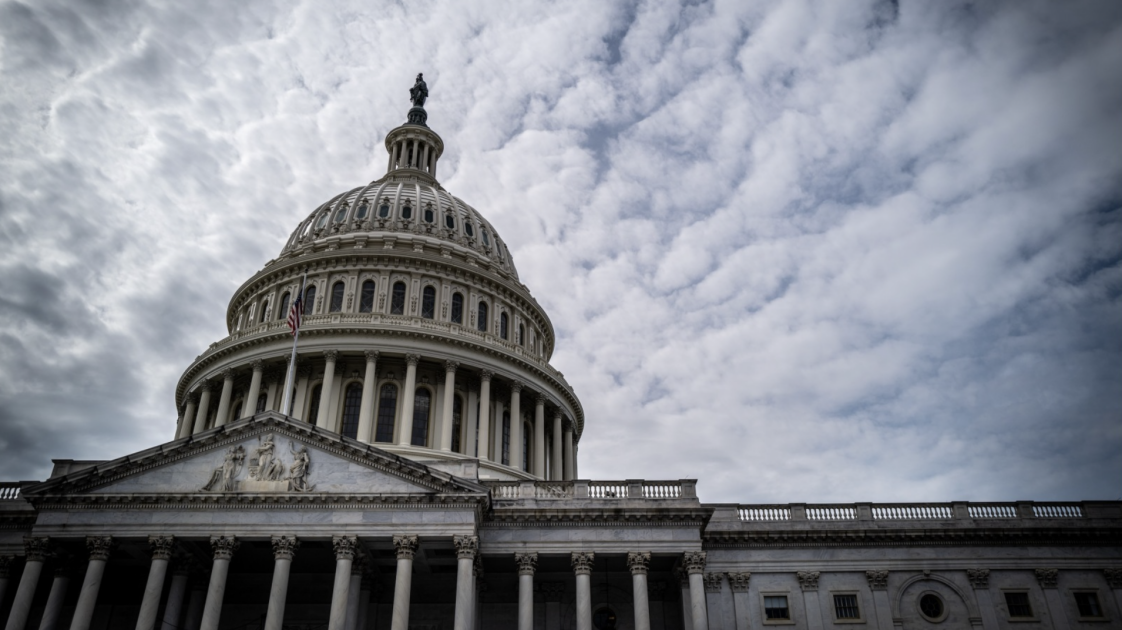
Mozilla and a cohort of nearly 50 nonprofit organizations, AI firms, and academic researchers have signed and sent a letter to the US Department of Commerce’s Secretary Gina Raimondo, advocating for increased transparency and true openness in AI development. Mozilla and the Center for Democracy and Technology are key signatories, but many others including Creative Commons, EleutherAI, the Computing Research Association, and Accountable Tech are also backing the letter. While Mozilla is primarily known as the organization behind the open-source Firefox web browser, it’s recently expanded its efforts into AI research and development, focusing on open-source models and investing in companies it believes are developing “ethical AI.” Their letter states that open-source AI development can lead to further tech innovation while allowing regulators the ability to better examine said AI models for potential risks, inequalities, or potential safety concerns compared to closed or privatized AI tools. It also finds that open or closed models could be used to spread fake information, and asks the US to establish a risk-based approach to regulation.”We do not claim that openness is always beneficial,” the letter states. “There are some situations where openness may exacerbate risks from AI.”The groups warn that a blanket ban or restrictions on AI tools based on their power isn’t the right approach. Instead, Mozilla and the host of other researchers argue that AI should be evaluated based on each model’s impact, and consider restricting tools if they affect civil rights or “unfair trade,” for example.
Recommended by Our Editors
“We see AI as a huge inflection point,” Mozilla’s VP of Global Policy Linda Griffin tells PCMag in an interview. “Mozilla wants to do for AI what we did for the Web 25 years ago: How to keep that open, how to make sure it’s not just dominated by a handful of companies.”Mozilla’s push for open-source AI development comes as Microsoft-backed OpenAI faces some controversy for its shift toward privatization, with Elon Musk filing a lawsuit against OpenAI last month.
Get Our Best Stories!
Sign up for What’s New Now to get our top stories delivered to your inbox every morning.
This newsletter may contain advertising, deals, or affiliate links. Subscribing to a newsletter indicates your consent to our Terms of Use and Privacy Policy. You may unsubscribe from the newsletters at any time.






